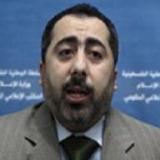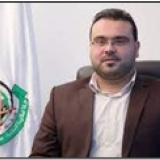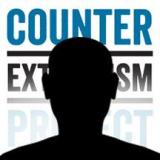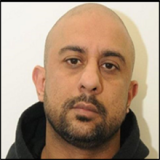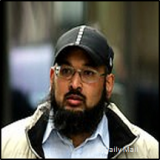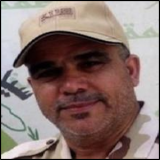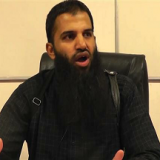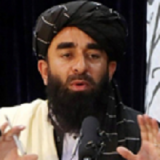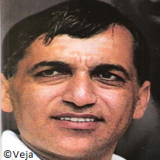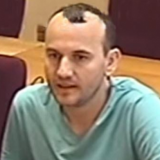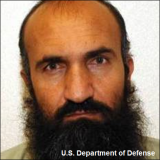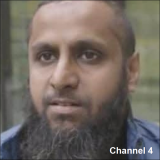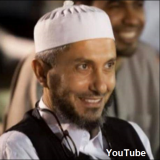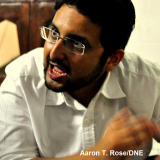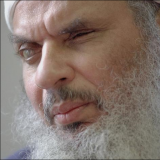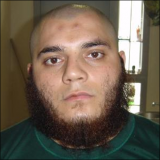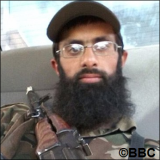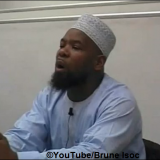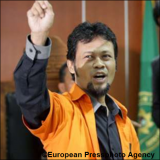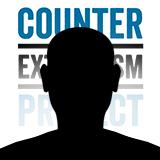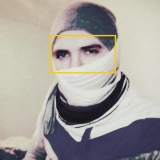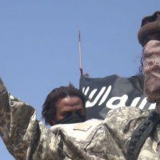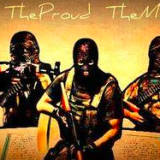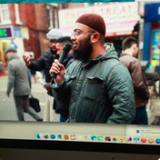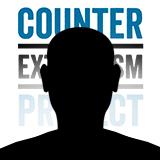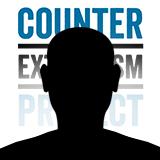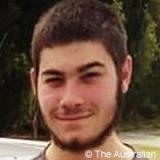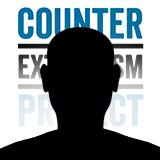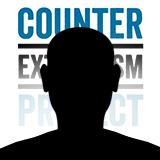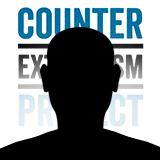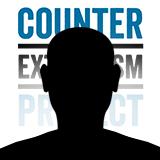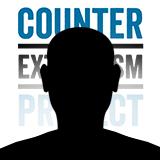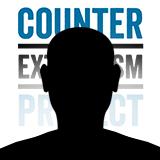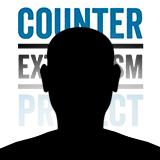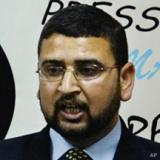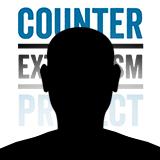Featured
CEP is determined to end extremists’ misuse of social media platforms to spread terrorist propaganda, radicalize and recruit new members, and incite others to violence. CEP has launched a variety of initiatives to highlight the dangers of online extremist activities to counter this threat.
Social Media Company Campaigns
CEP was the first nongovernmental organization to formally call on social media companies, in particular Twitter, to take immediate action to stop extremists from weaponizing their networks.
CEP’s primary focus has been on Twitter due to its ‘gateway’ function into extremists’ wider social media networks. Vulnerable individuals are initially exposed to extremist content and extremist recruiters on Twitter’s easily accessible platform. Recruits are then invited to interact with jihadists on other message boards and private messaging platforms.
Anwar al-Awlaki Online
CEP is also concerned about the presence of radical American cleric and propagandist Anwar al-Awlaki’s content on social media, particularly YouTube, and his influence on homegrown extremists.
Speaking to the New York Times on December 18, 2015, CEP CEO Ambassador Mark D. Wallace expressed concern that al-Awlaki’s lectures and extremist videos have “inspired countless plots and attacks.” Enrique Marquez Jr. and Syed Rizwan Farook, one of the shooters in the December 2, 2015 San Bernardino massacre that killed 14, spent hours listening to al-Awlaki’s lectures and poring over directions on making explosives in the AQAP magazine al-Awlaki helped create, Inspire, according to the criminal complaint against Marquez. Al-Awlaki was directly in contact with Fort Hood shooter Nidal Hasan (2009) and underwear bomber Umar Farouk Abdulmutallab (2009). Al-Awlaki inspired Times Square bomber Faisal Shahzad (2010) and Dzhokhar Tsarnaev of the Boston Marathon bombings (2013).
There is a clear, direct link between al-Awlaki’s teachings and terror. Social media companies, especially YouTube, must take action to permanently remove all of al-Awlaki’s videos.
To view the profile of al-Awlaki on CEP’s Global Extremist Registry, click here.
To view Anwar al-Awlaki’s Ties to Extremists, click here.
To view the USA Today op-ed click here.
To view the Fox News op-ed, click here.
Fast Facts: Anwar al-Awlaki on YouTube
“Anwar al-Awlaki jihad” yielded 6,510 search results as of September 28, 2016.
“Anwar al-Awlaki” yielded 61,900 search results as of December 18, 2015, and then yielded 68,200 results as of September 28, 2016.
On the first page of hits based on a simple search for “Anwar al-Awlaki” reveals “Anwar al-Awlaki - Battle of The Hearts and Minds” (video), an hour-long polemic demonizing the United States.
YouTube’s features like search, autofill, and recommendations has served to expose users to al-Awlaki and his extremist content.
#CEPDigitalDisruption
In October 2014, CEP launched #CEPDigitalDisruption to identify, expose, and report the profiles and accounts of extremists on Twitter, Facebook, YouTube, Ask.fm, and other social media networks. CEP monitors profiles in multiple languages, including English, Arabic, French, Italian, German, and Turkish.
Sign our petition to join CEP President Fran Townsend and CEP CEO Ambassador Mark Wallace as well as the CEP community in holding Twitter accountable.
Sign the PetitionCEP has proposed five specific steps for social media companies like Twitter to undertake:
-
Trusted Reporting Status:
Social media companies should grant trusted reporting status to government and groups like CEP to swiftly identify and ensure the expeditious removal of extremists online.
-
Streamlined Reporting:
The reporting process online is long and cumbersome. A more accessible reporting protocol should be added for users to report suspected extremist activity.
-
Clear, Public Policy on Extremism:
America’s leading tech companies should adopt a policy statement that extremist activities will not be tolerated.
-
Transparency:
When one of the most influential and pro-ISIS Twitter accounts, ShamiWitness, was publicly revealed to be an Indian businessman it shook the cyber-jihadi network. He immediately stopped his online jihad. Twitter and other social media companies should reveal detailed information – including the names of the most egregious cyber-jihadis. The most egregious cyber-jihadis do not deserve an anonymous platform to from which to spew hate and incite terror and murder.
-
Proactive Content Monitoring:
At this time, many social media sites only monitor and remove content that has been reported to them. Instead, each should spearhead internal efforts to find content and remove it without relying on the public to police the platform for them.
CEP U.S. Congressional Testimony
CEP’s CEO Ambassador Mark Wallace has testified before U.S. congressional committees on several occasions where he called on social media companies, especially Twitter, to combat online radicalization, recruitment, and incitement to violence.
Testimony before the U.S. House Committee on Foreign Affairs’ Subcommittee on Terrorism, Nonproliferation and Trade, January 27, 2015 “The Evolution of Terrorist Propaganda: The Paris Attacks and Social Media”
For the full testimony, click here.
Testimony before the National Security Subcommittee of the U.S. House Committee on Oversight and Government Reform, October 28, 2015 “Radicalization: Social Media and the Rise of Terrorism”
For the full full testimony, click here.
For the full video, click here.
CEP's Digital Disruption in the News
News
CEP Spokeswoman Tara Maller is interviewed about the nature and challenges of online extremism with by Al Jazeera.
News
Most platforms rely on users to flag content to trigger moderation—in other words, platforms don’t police content before someone flags it as offensive. Hany Farid, a computer scientist at Dartmouth, is one of the original developers of PhotoDNA, a...
News
CEP Spokesperson Tara Maller is interviewed on Fox News regarding the discovery of an ISIS division that plans and supports attacks in Western countries and the extent of ISIS's success in radicalizing and inciting attacks through its online...
News
How can the U.S. fight the spread of Islamic State propaganda? Fighting extremist content online need not be very complicated, according to Dr. Hany Farid, a computer scientist at Dartmouth College.“We don’t need to develop software that determines...
News
An American non-profit policy organization announced recently the launch of an app that allows social media companies and Internet sites to “quickly remove” jihadist, ISIS-related online propaganda from their platforms. The Counter Extremism Project...
News
Since 2008, the National Center for Missing & Exploited Children (NCMEC) has offered to share with ISPs a list of hash values that correspond to known child abuse images. That list, which was eventually coupled with Microsoft’s own PhotoDNA...
News
This article in the Spanish publication S ilicon, describes software developed by CEP that can automatically detect and remove extremist content from platforms such as Twitter, Facebook and YouTube.
News
The "Islamic State" group (IS) has made extraordinary use of social media to recruit followers and inspire attacks. Facebook and Twitter say they are working hard to shut down extremists' profiles and remove offensive content. But IS still has a huge...
News
AMERICAN officials referred to Anwar al-Awlaki as a senior recruiter for al-Qaeda. After being connected to numerous terrorist attacks, in 2011 he became one of the first United States citizens to be killed by an American drone. Yet Awlaki’s online...
News
On “Morning Joe” Thursday, they had a guest named Dr. Hany Farid, a computer science professor at Dartmouth College. It was a brief segment with Dr. Farid, but he touched on something I’d never even considered. One of the problems with radicalization...

